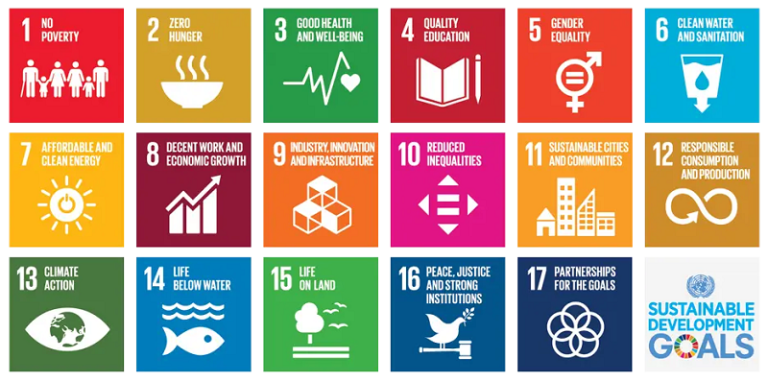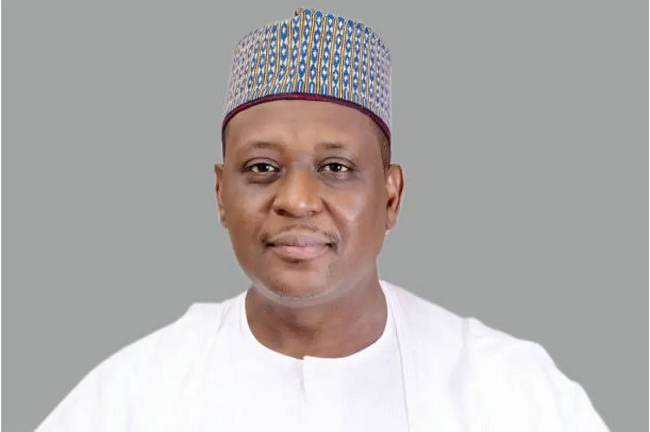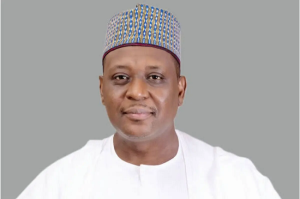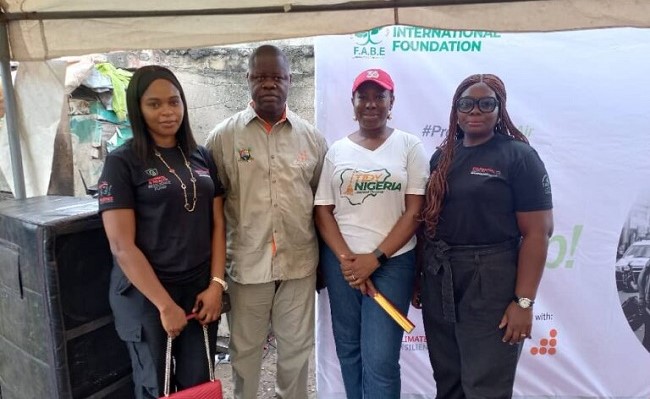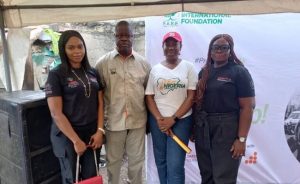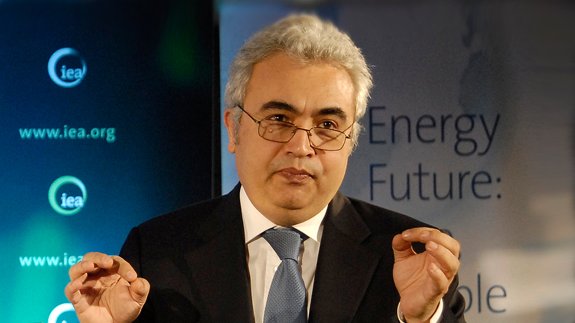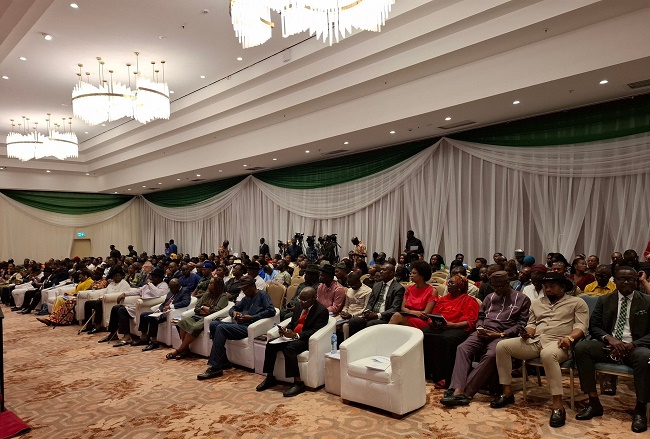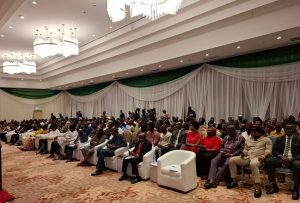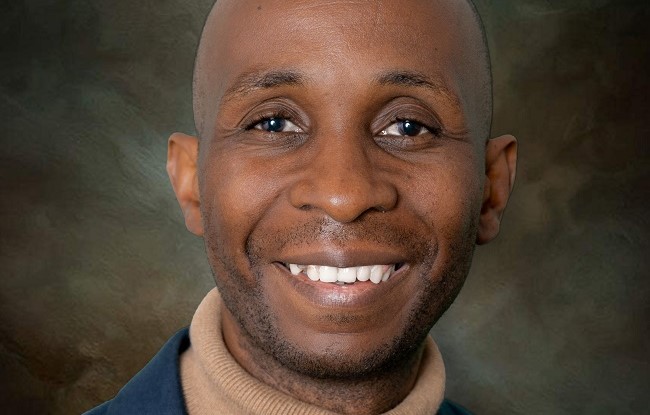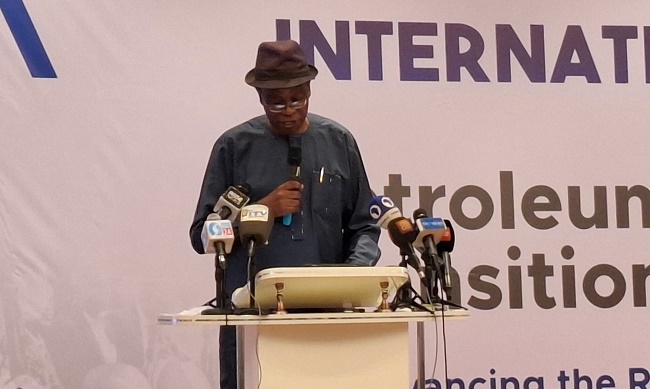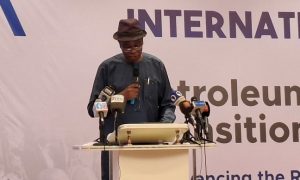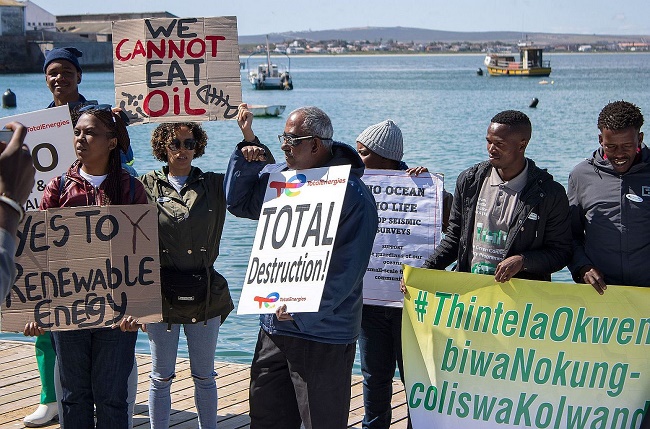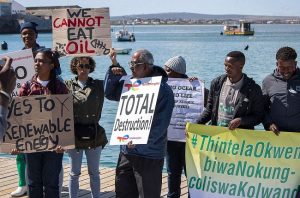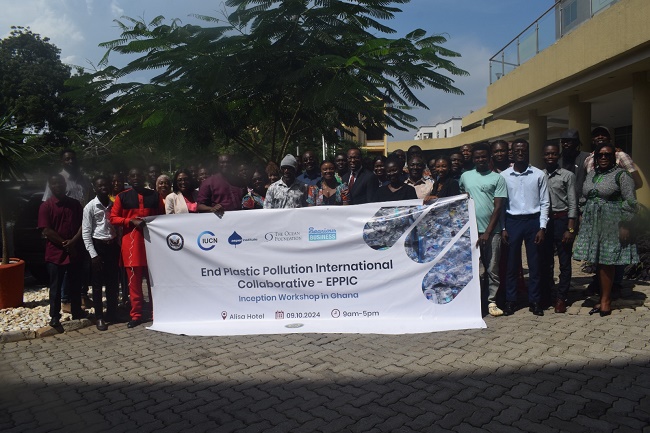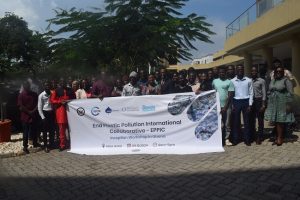Sustainable lifestyles, green-tech innovation, and government-led transformation each offer promising routes to make significant progress towards the UN Sustainable Development Goals (SDGs) and the Paris Agreement, according to a new study by the Potsdam Institute for Climate Impact Research (PIK).
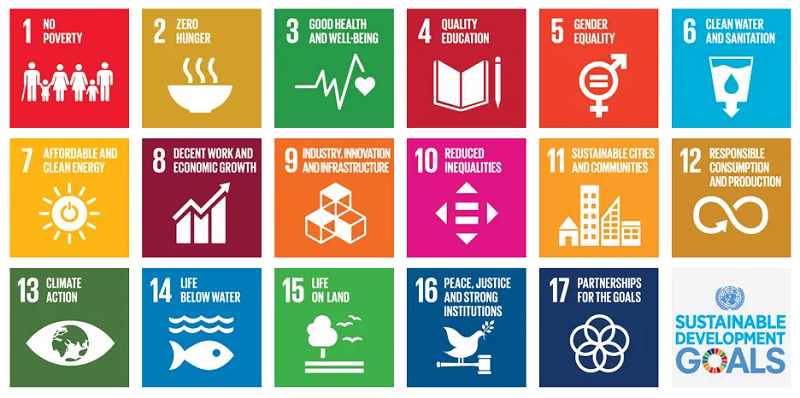
The team of researchers examined how these strategies could transform consumption and production across different sectors, identifying both benefits and trade-offs for enhancing human well-being within planetary boundaries. Contrary to the belief that the path to sustainable development is increasingly out of reach, the results show that humankind has a variety of pathways to depart from its current unsustainable trajectory.
“Sustainable development pathways are strategies that prevent dangerous climate change while at the same time moving towards a world that allows people to prosper on a healthy planet,” explains Bjoern Soergel, scientist at the Potsdam Institute for Climate Impact Research PIK and lead author of the study published in Environmental Research Letters. This is the essence of the 17 SDGs agreed by the United Nations in 2015.
“Our analysis shows that all three sustainable development pathways are far more effective than our current ‘business as usual’. They drive substantial progress towards the SDGs, for example reducing the number of people in extreme poverty by two thirds until 2030 and to virtually zero in 2050. They also curb global warming and avert further degradation of the environment. Importantly, they also avoid the unintended side effects of simplistic climate protection strategies, such as relying heavily on bioenergy or carbon capture and storage without taking into account potential conflicts with food production or public acceptance,” adds Soergel.
Three powerful ways to accelerate sustainable development
In the study, the scientists look at three possible pathways to achieve the 17 sustainable development goals used by governments, companies, and NGOs worldwide to guide action towards a sustainable and just future. The study is the first to systematically compare such different sustainable development pathways, analysing results from four models: two integrated assessment models of the global energy, economy, land and climate system and two models focused on the global buildings and materials sectors, respectively.
“All scenarios we looked into share the same set of goals, but the question is how to get there,” explains Isabelle Weindl, PIK scientist and co-author of the study. She points out that all the pathways examined in the study stand out in their own way. “For example, the sustainable lifestyle pathway includes a rapid shift towards a flexitarian, largely plant-based nutrition, which is known to also have substantial benefits for human health.”
This pathway would further include a reduction of global final energy use per capita of around 40% by 2050, with wealthier countries contributing the largest share to decrease energy inequality. Such changes might pose challenges in terms of how realistic they are for people to adopt, the researchers point out.
However, they would also come with large benefits, as Soergel adds: “The sustainable lifestyle pathway has the lowest reliance on unproven technologies and the most positive outcomes for biodiversity and climate protection.”
The other pathways foresee a more gradual change in diets and energy consumption but assume more rapid innovation in green technologies or greater orchestration of system-wide changes by governments, which each comes with their own challenges.
“Even though the pathways differ in what they emphasise, they all can deliver,” says Elmar Kriegler, Head of the research department Transformation Pathways at PIK and co-author of the study. “This is important because the path to sustainable development is often narrowed to individual worldviews, making it more difficult to find common ground to embark on this journey.”
He concludes: “If we stick to our current trajectory, none of the SDGs will be achieved. By 2030, 660 million people could still be living in extreme poverty, and environmental crises like biodiversity loss and global warming will only get worse. So, it is clear we must act now. We can still choose which sustainable path to pursue but ignoring them is no longer an option.”

